We, the citizens of Latvia, have a say in which parties and MEPs will represent Latvia in the European Parliament. Let’s elect candidates who will work for a free, democratic, Latvian Latvia. Let’s vote!
European Parliament elections take place on Saturday, June 8, 2024. – In Canada, Latvian citizens can vote in person in Toronto or Ottawa un June 8 between 8:00 and 20:00 EDT.
There is also an option to vote by mail. To do this, you must register online between May 4 and May 31. Your mail-in vote needs to reach Rīga bay June 8.

Elections and the voting process
Can I vote in person with a valid eID card?
Yes, you can present either a valid Latvian passport or a valid eID card.
How old do I need to be to vote?
You must be 18 years of age or older on Election Day in order to vote.
Where can I vote in person on June 8?
In Canada, you can vote in person in Ottawa or Toronto. In the USA, there will be four districts – Chicago, New York, Washington DC and Los Angeles. By law, Latvian citizens can vote at any polling station anywhere in the world. In total, there will be 945 polling stations in Latvia and 50 abroad. Here is the full list of voting stations.
To vote, you need a valid Latvian passport OR a valid eID card.
Voting hours are from 8:00 to 20:00 local time.
Address in Ottawa: Embassy of Latvia in Canada, 350 Sparks St. #1200, Ottawa, ON K1R 7S8
Address in Toronto: Latvian Centre Toronto, 4 Credit Union Dr, North York, ON M4A 2N8
Where can I find the list of parties and candidates?
Here is the official list of parties and candidates.
How many Latvian MEPs will be elected to the European Parliament?
Latvia will have 9 MEPs in the European Parliament. There are 720 seats in total. Although the number of Latvian MEPs is small, Latvian MEPs can be counted on to work in EP committees to draft laws that have a major impact on Latvia’s future.
How many parties and candidates can I vote for?
You can only vote for ONE party. You must select the ballot for the party you want to support.
Each party’s ballot contains its list of candidates in numerical order (#1, #2, #3, etc.). You do not have to choose nine candidates to vote for. By adding a “+” sign or by crossing out names on the ballot you have selected, you can increase or decrease a candidate’s chance of being elected.
How do I fill in my ballot?
Each party’s ballot paper lists its candidates in numerical order (#1, #2, #3, etc.) If you particularly like a candidate from that party, you can put a “+” next to that candidate’s name. If you don’t like a candidate, you can cross out their name. The plus signs and cross-off’s will determine which candidates take the seats won by their party. You do not have to choose nine candidates to vote for. You can increase or decrease the chances of election for none, some or all of the candidates in your chosen party.
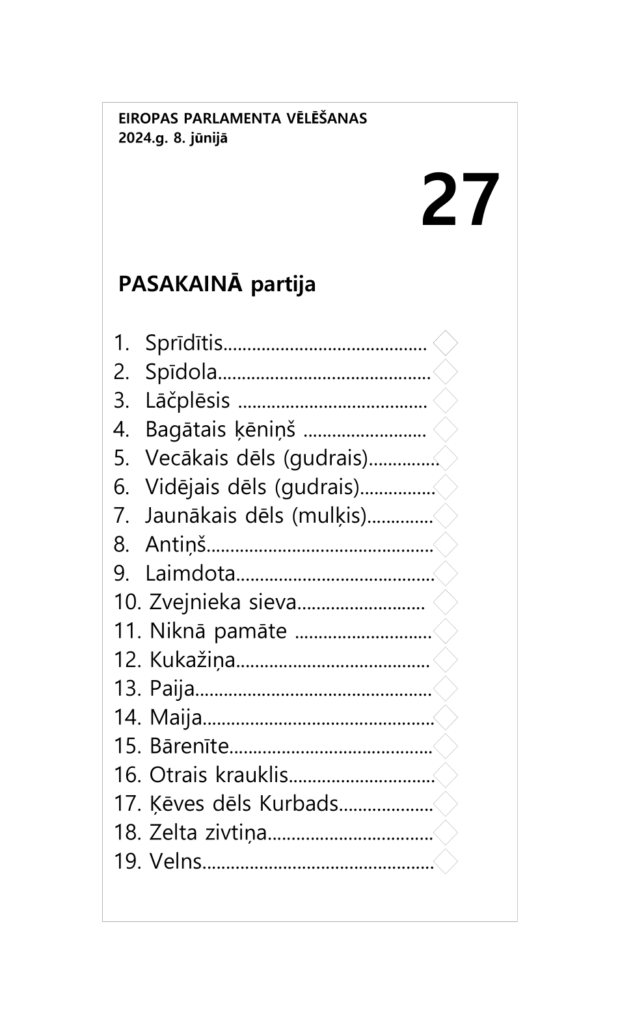
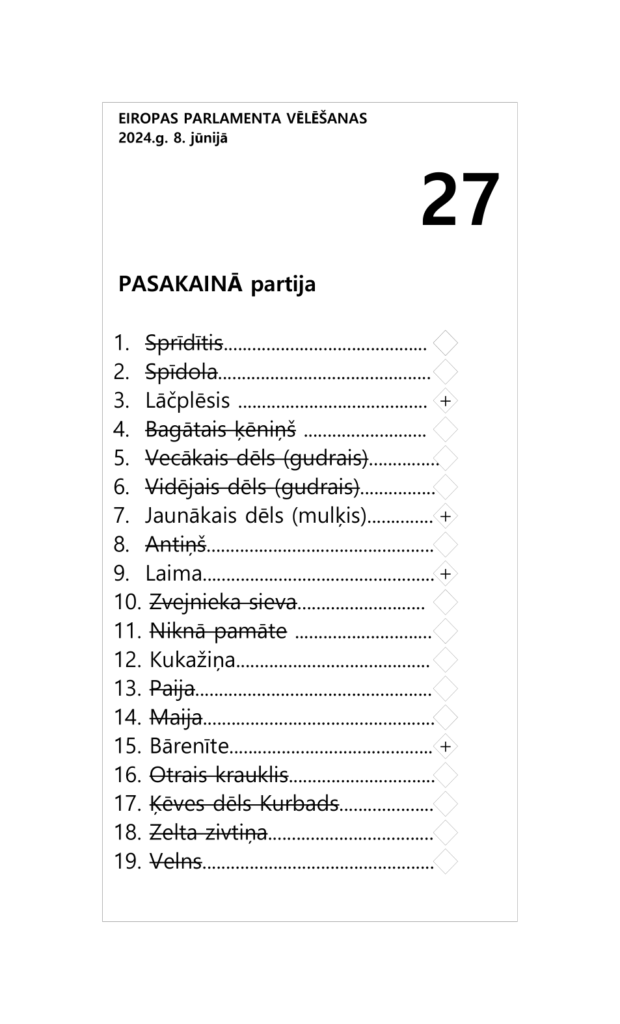
Which party should I vote for?
LNAK cannot tell you which party to vote for. Each voter should choose a party that reflects his or her own values and priorities. If, for instance, you would like to vote for a party that supports Ukraine, there are five such parties, that according to May polls could obtain at least 5% of the popular vote. Only parties with at least 5% of the popular vote have a chance to gain a seat. The parties that have taken a strong pro-Ukraine stand and that are most likely to gain more than 5% of the popular vote (according to May polls), are Nacionālā Apvienība (18%), Jaunā Vienotība (15%), Progresīvie (11%), Apvienotais Saraksts (8%) and “Latvijas attīstībai” (7%). By voting for any of these parties, you also reduce the chances of a pro-Russian party obtaining more than 5% of the popular vote. Therefore very important to vote if, for example, you don’t want a pro-Russian party from Latvia to gain a seat in the European Parliament.
On the right hand side of this page you will find resources that can help you further educate yourself about the parties.
I heard that if I can’t vote in person, it’s possible to apply to vote by mail. What is the process?
You can apply to vote by mail between May 4 and May 31.
To vote by mail, you need:
- a valid eID card
- the PIN and PUK codes (passwords) that came with your eID card
- an eID reader (Smart Card reader) to attach to your USB port
- a printer
- a laptop or computer with “USB port” and internet access
You can also log in using online access to your Latvian bank account.
To apply, visit www.latvija.lv or http://www.pmlp.gov.lv
Want detailed instructions on how to vote by mail? Click here.
Where can I buy a Smart Card reader?
It is hard to find eID readers in physical shops in Canada. They can be ordered online, e.g. from Amazon. They are not that expensive. Choose a model where the photo shows a European eID. Make sure that it has the correct USB attachment, eg. USB vs USB C. (If needed, you can buy a USB to USB C adapter.) (Use the search term “European eID smart card reader”).
You can also borrow a Smart Card reader from someone else. You may wish to buy a reader that you can share with others in your community.
Please contact admin@lnak.org if you need help finding or borrowing an eID card reader.
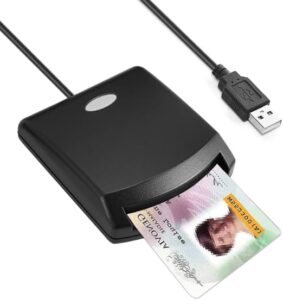
I can’t find my PIN and PUK codes. Is it possible to get new ones quickly so I can apply to vote by mail?
This is possible if you act quickly. Contact the Embassy (613-238-6014) or embassy.canada@mfa.gov.lv. Then:
1) send your eID card to the embassy + enclose an extra xpresspost letter with your address (to be sent back);
or
2) you can go to the embassy and activate your new codes in person. The process takes 10 minutes.
Sources of information
A short informative presentation (in Latvian):
Informative videos:
Paul Raudseps: Guide to the 2024 EP elections
This pre-election review of the European elections was commissioned by the PBLA and the ALA and written by journalist Pauls Raudseps.
Every five years, elections are held in the early summer in all 27 EU countries, where European citizens decide who will represent them in the European Parliament.
The elections in Latvia will take place on Saturday, June 8. In June, Latvia will send representatives to one of the EU’s three main decision-making bodies for the fifth time since joining the European Union (EU).
In this review, we will brief voters on the role of the European Parliament (EP), the key political issues in these elections, and the sixteen lists competing for Latvia’s nine seats.
How does the European Parliament work?
As a community of sovereign states, the EU has a different institutional set-up from the classical model to which we are accustomed. In Latvia and other parliamentary countries, there tends to be a single legislature, which both proposes and adopts laws, and where the support of the majority is necessary for the work of the executive. In the EU, the legislative powers are divided between three institutions – the European Commission, the European Council and the European Parliament – but without the support of a majority of the EP, new laws binding on the whole EU cannot be adopted.
In the legislative sphere, the European Commission, which is like the EU’s executive, is also the only body with the power to propose new laws. But laws need to win the support of both the European Council, where national governments are represented, and the European Parliament, where EU citizens are directly represented – both of which often adjust the European Commission’s initial proposals.
The European Parliament also approves the President of the European Commission, nominated by the European Council, and then the Commission, nominated by the new President and composed of one Commissioner from each Member State. The European Parliament also has the right to dismiss the European Commission. However, unlike in a typical parliamentary country, the EU’s executive branch – the Commission – does not need the support of a stable parliamentary coalition, and votes on specific legislative initiatives can be secured by configurations of different political forces.
Although there are no EU-wide parties in Europe, the majority of elected MEPs are involved in a “political group”, similar to the factions in the Latvian Saeima. There are currently seven political groups in the EP, but the number can vary depending on the capacity and willingness of the national parties represented in the Parliament to work together. If Latvian MEPs make effective use of their participation in political groups and are able to shape the common views of these groups, they can increase their influence on decisions taken by the EP.
Questionnaires: Which parties and candidates best reflect your views, values and priorities?
Answer 20 questions to discover which party and candidate platforms best align with your priorities.
In Latvian:
In English:
- find your party questionnaire
- find your candidate questionnaire

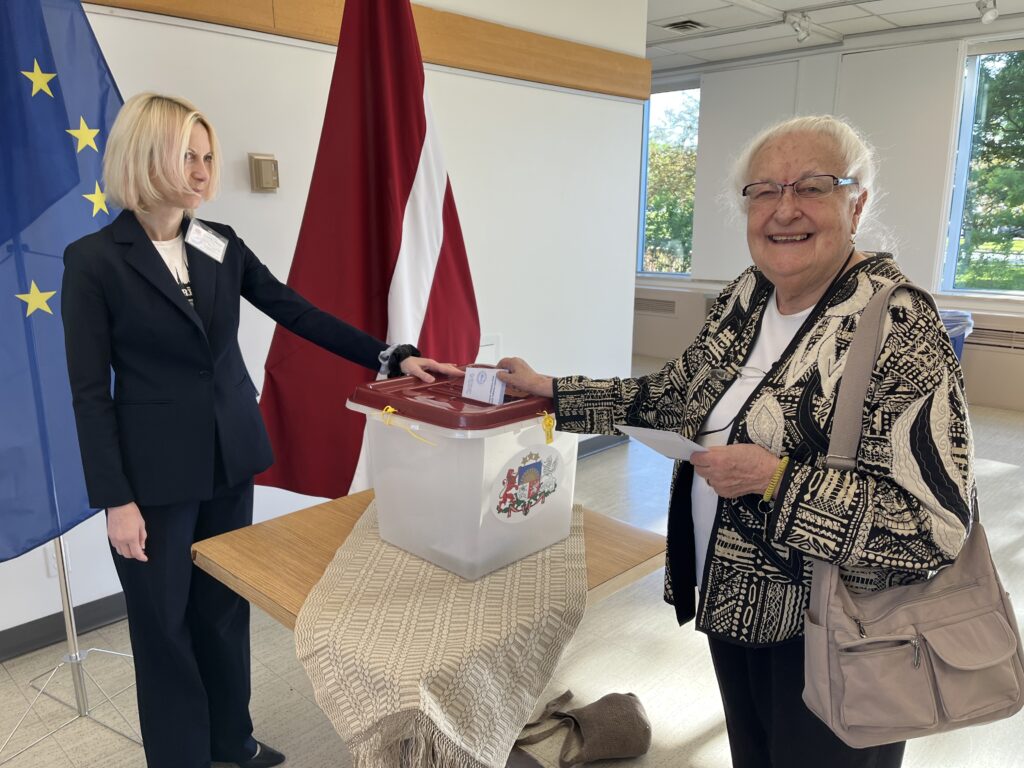
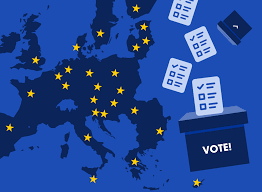
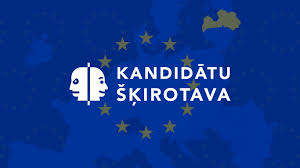
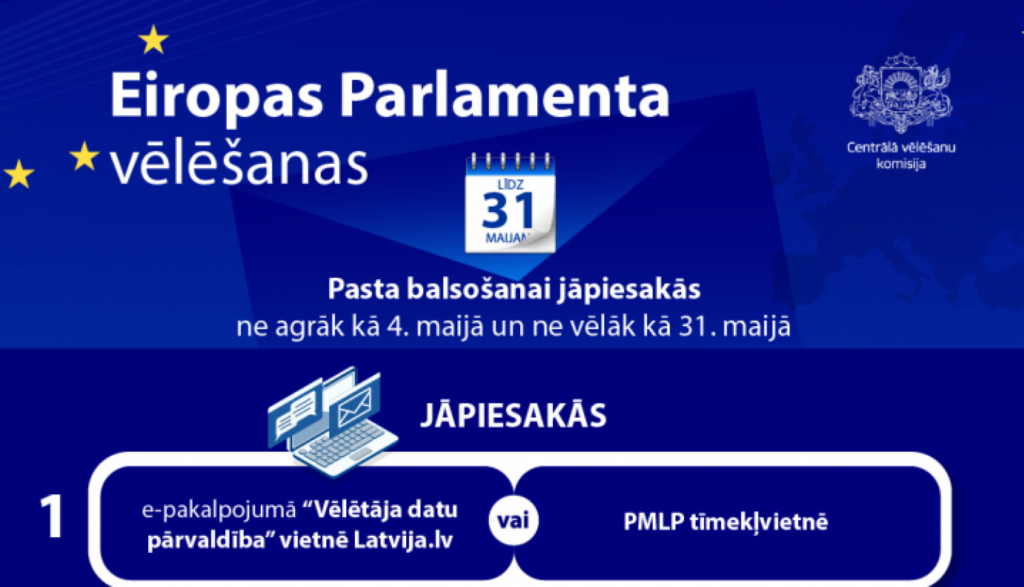
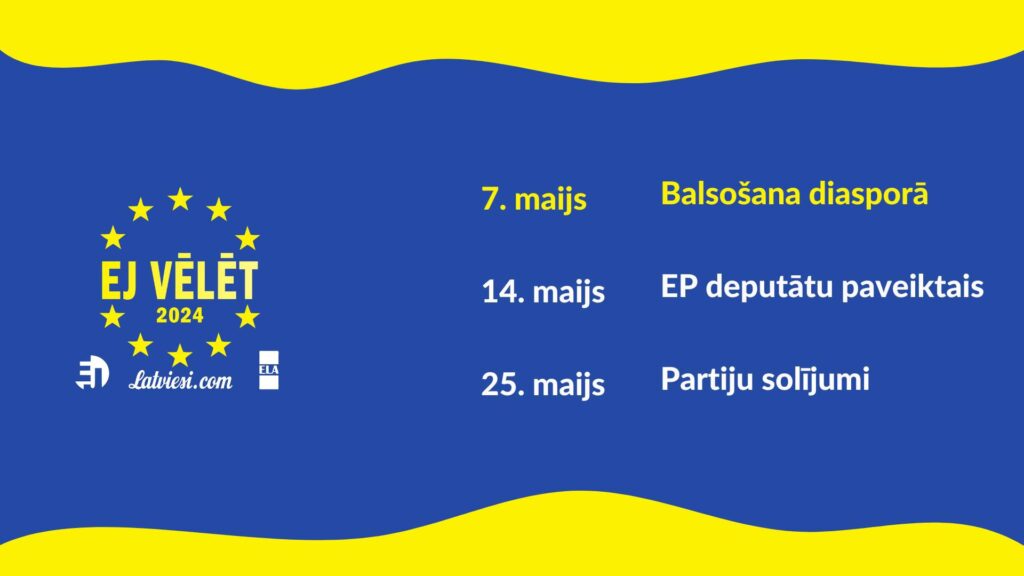




- 1
- 2
Do you have a question about the European Parliament elections? Please leave a comment:
